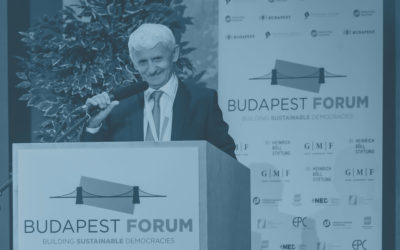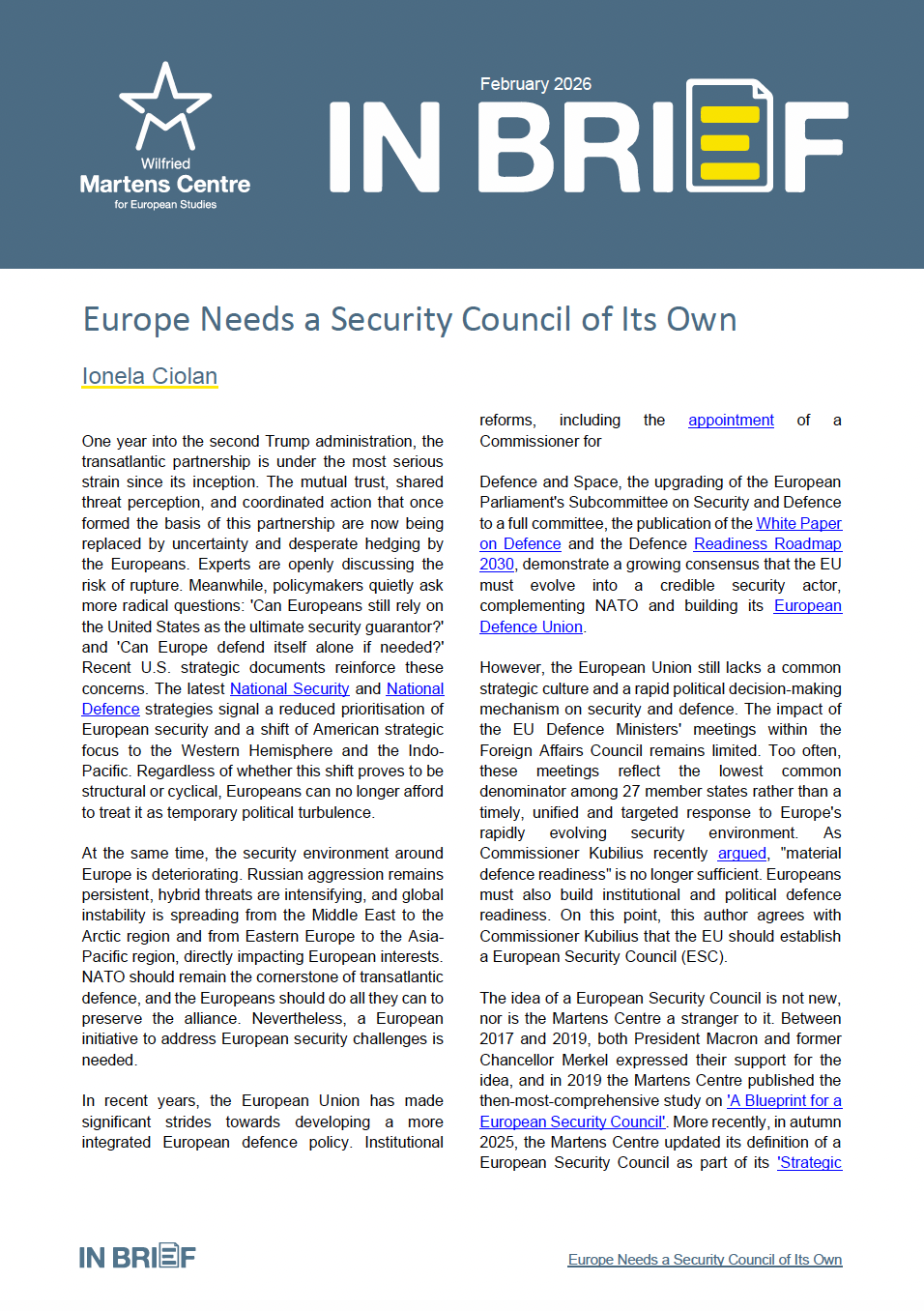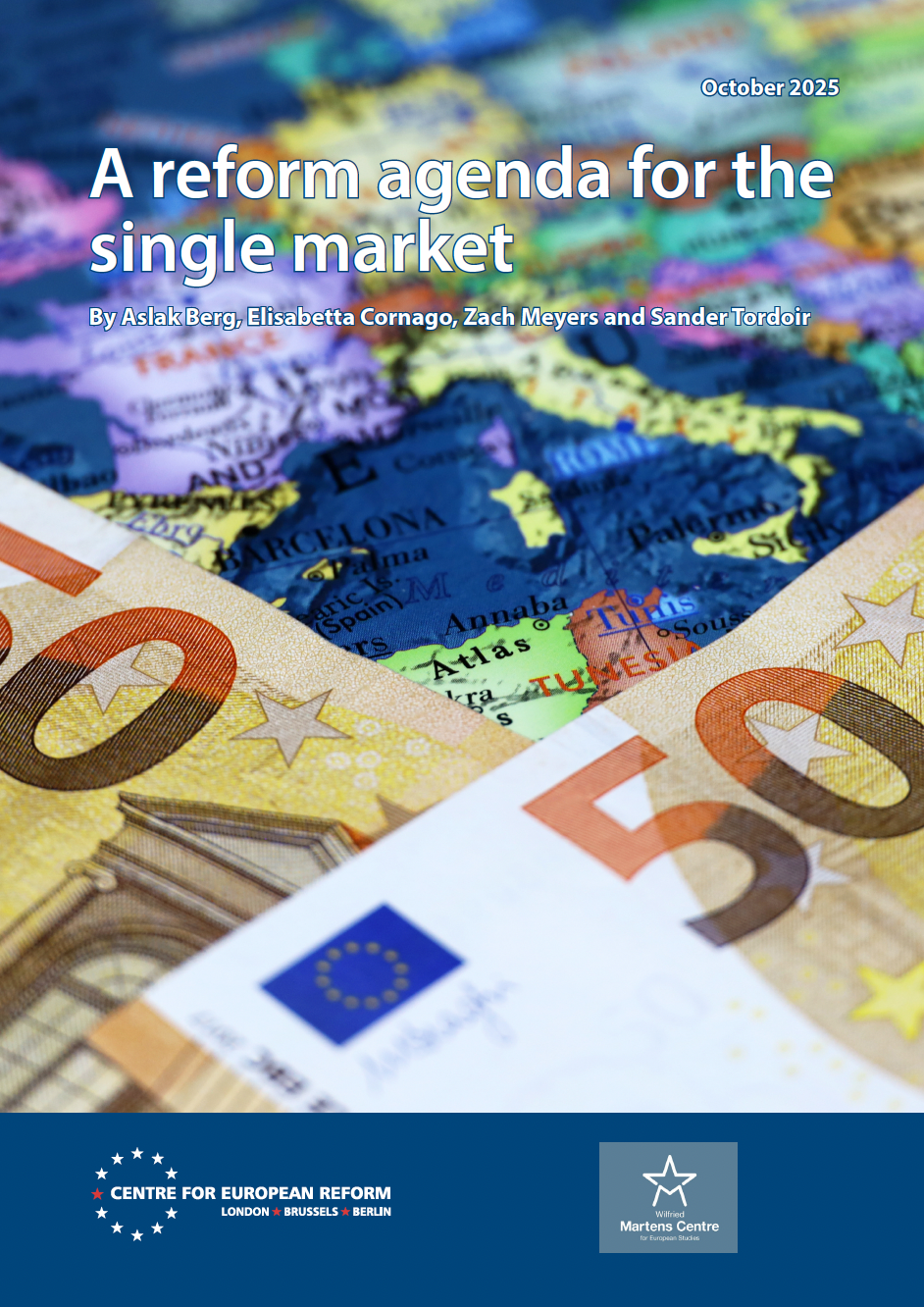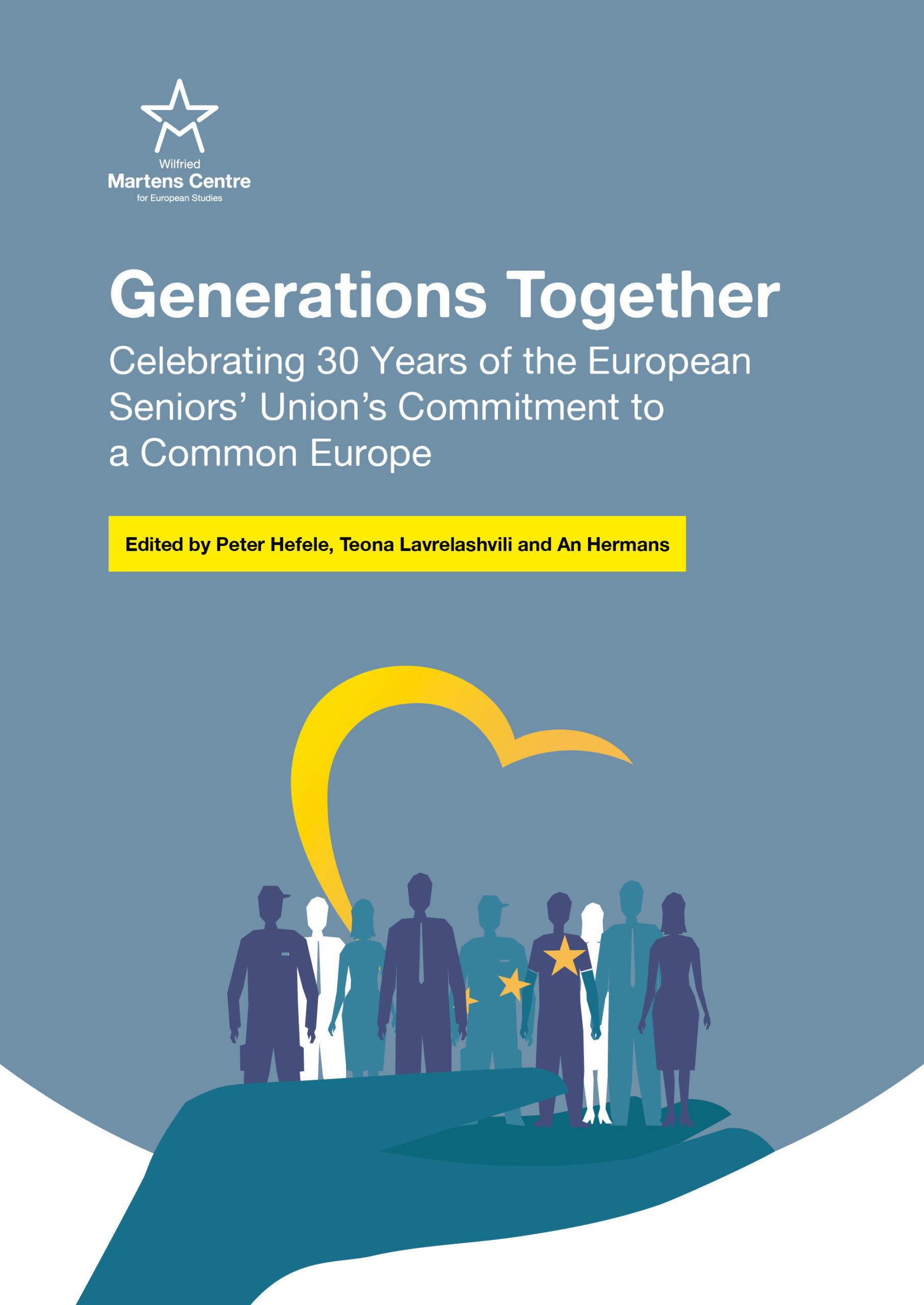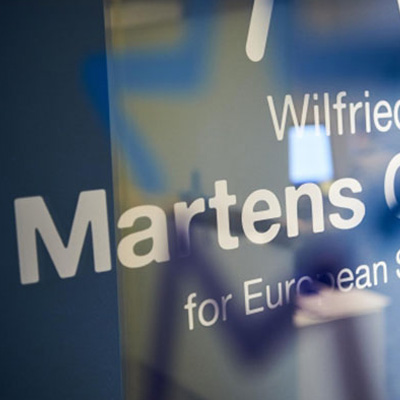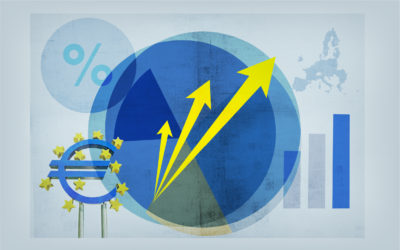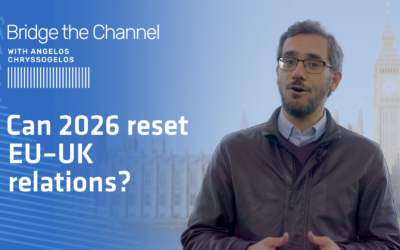Thinking Europe, Our Common House
19 March 2020
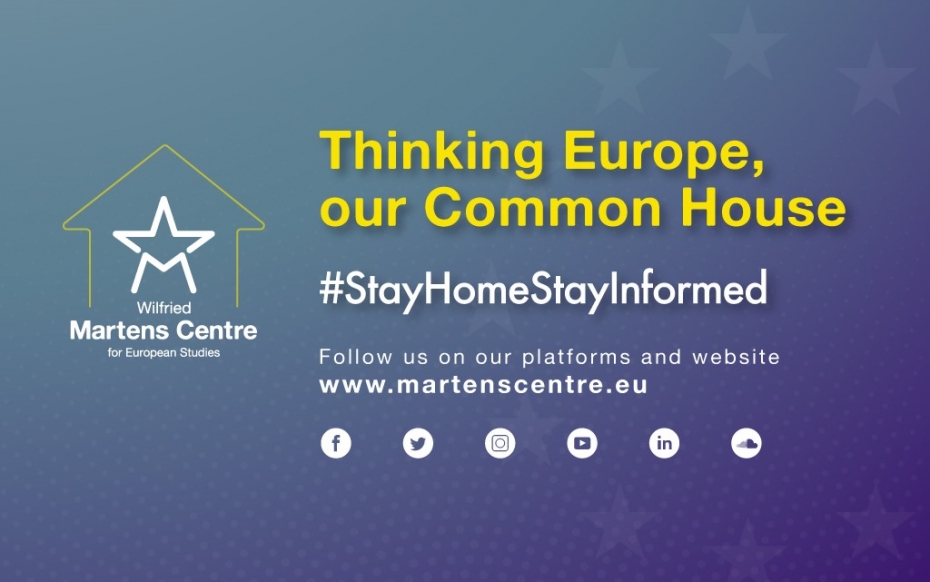
The coronavirus has affected all of us and, equally, scared all of us. We are forced to change our daily lives and habits, along with the way we work and interact with others. It has reminded us how fragile and vulnerable we are, but also how we take many things for granted. It would be wise to use this time for self-reflection ahead of new challenges.
Our European community has stagnated for years, if not decades. We established the Single Market, introduced the Schengen area, and got stuck with adopting more red tape, which is constantly growing. However, we are afraid to move forward with European Common Defense. We argue that neither a German nor a Slovak soldier will deploy his life for a European interest. We have created a separate institution for European Foreign Policy, yet foreign policy continues to be decided at the national level. Every seven years, we fight the same endless battles: whether the Multiannual Financial Framework (MFF) should subsidise farmers, infrastructure, or support Research and Development (R&D). This time, we are also discussing the future of the Spitzenkandidaten process and the introduction of transnational lists.
COVID-19 represents a great threat, but also a unique opportunity. Let’s use the lockdown and teleworking period to reassess our priorities.
We cannot expect the European Commission to find solutions to all of our problems. The European Financial Stabilisation Mechanism was the response to the global financial crisis, a solution that can withstand other similar challenges. Our answer to the migration crisis is to strengthen the control of our external borders. Many propose to declare war on globalisation and multilateralism. But where do we set the bar to tackle the coronavirus?
We need to review our priorities, but also the methods and tools of our policy. We must move forward towards a real, functional, determined federation of European nations. Our Union should be based on the principle of subsidiarity where the EU institutions and Member States are respected. This model would lead to more effective decision-making procedures and will put the common European interest above national egoism. It will also require respect for the values we share, as well as our traditions and our “way of life”. This formation will represent our European Common House.
I am glad that the Wilfried Martens Centre for European Studies is ready to contribute towards building this house. Since 2016, we have been developing the vision ‘For a New Europeanism’. This project is our recommendation in finding a response to the global challenges we face: from the aggressiveness of China, protectionism of the US, Brexit, to migration and the current pandemic. When the time comes, and our lives are back to normal, we would like to present this project within the framework of the conference on the Future of Europe. In the meantime, we will continue to work tirelessly to come up with solutions to mitigate the impact of this pandemic. We struggle, we overcome.
Mikuláš Dzurinda
President of the Wilfried Martens Centre for European Studies




